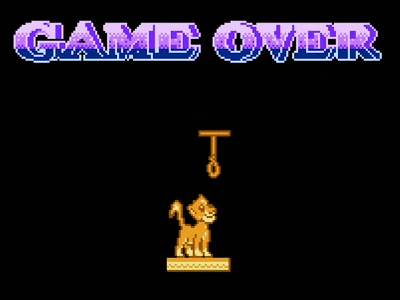
The impact, critics say, could mean a substantially more. The controversial copyright directive won the approval of EU member states. Skip to Content Skip to Footer. boss Susan Wojcicki had also warned that users in the EU could be cut off from the video.
Article is more easy to digest than Article 13. Now that we have a final version of the text, let’s have a fresh look at some of the concerns that continue to be raised. Additionally, they must moderate the content to identify copyright infringement.
The proposal could limit freedom of expression and harm independent creators. The EU says the directive is about making “ copyright rules fit for the digital era”. The rejected proposals would have placed far greater responsibility on individual websites to check for copyright infringements. Our best chance to stop the EU copyright law: The upcoming Parliament vote.
The Parliament and Council negotiators who agreed on the final text now return to their institutions seeking approval of the result. If it passes both votes unchange it becomes EU law, which member states are forced to implement into national law. At a very basic level, the article misunderstands the way people use and engage with material online.
The concepts of re-use and remix, and overall digital creativity, are at the core of many online activities. The UK supports a final vote in favour of new online copyright rules, but some EU nations objected. Accessibility links.
Improved copyright rules on research, education and cultural heritage. Most of the copyright exceptions in EU law are currently optional and do not apply across borders. THE EU ’s new copyright plan has fed fears that memes and other material could be banned.
Delivering on its Digital Single Market Strategy, the Commission is rolling out an ambitious modernisation of the EU copyright framework. The objective is to make EU copyright rules fit for the digital age. In the digital environment, cross-border uses have also intensified and new opportunities for consumers to access copyright -protected content have materialised. Even though the objectives and principles laid down by the EU copyright framework remain soun there is a need to adapt it to these new realities.

Europe has approved new copyright laws that will change the internet. The problem is that nobody seems to agree on how. The jury is out on whether this is a win for creatives or dark days for the internet. Now an official response from was recently published on the official. Will a new EU -wide permission to conduct research using text and data mining be.
The directive also strives to ensure that the internet remains a space for freedom of expression. Robert Kyncl, chief business officer, issued a blog post ahead of the vote, asking European. Therefore, the next chance to stop the legislation from passing will be a plenary vote on 4-July.
This is where MEPs get to vote on the matter. Some European music industry organizations have welcomed the news so far, including German collective society GEMA and GESAC (European Grouping of Societies of Authors and Composers).
Ei kommentteja:
Lähetä kommentti
Huomaa: vain tämän blogin jäsen voi lisätä kommentin.